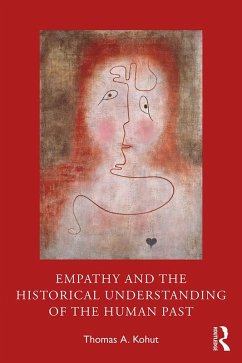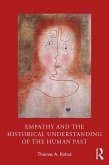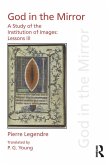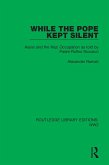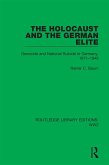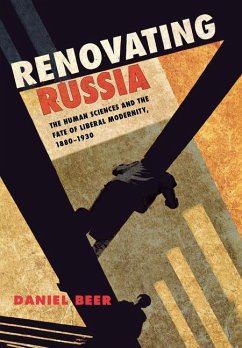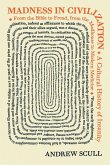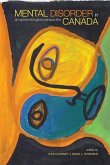Empathy and the Historical Understanding of the Human Past is a comprehensive consideration of the role of empathy in historical knowledge, informed by the literature on empathy in fields including history, psychoanalysis, psychology, neuroscience, philosophy, and sociology.
The book seeks to raise the consciousness of historians about empathy, by introducing them to the history of the concept and to its status in fields outside of history. It also seeks to raise the self-consciousness of historians about their use of empathy to know and understand past people. Defining empathy as thinking and feeling, as imagining, one's way inside the experience of others in order to know and understand them, Thomas A. Kohut distinguishes between the external and the empathic observational position, the position of the historical subject. He argues that historians need to be aware of their observational position, of when they are empathizing and when they are not. Indeed, Kohut advocates for the deliberate, self-reflective use of empathy as a legitimate and important mode of historical inquiry.
Insightful, cogent, and interdisciplinary, the book will be essential for historians, students of history, and psychoanalysts, as well as those in other fields who seek to seek to know and understand human beings.
The book seeks to raise the consciousness of historians about empathy, by introducing them to the history of the concept and to its status in fields outside of history. It also seeks to raise the self-consciousness of historians about their use of empathy to know and understand past people. Defining empathy as thinking and feeling, as imagining, one's way inside the experience of others in order to know and understand them, Thomas A. Kohut distinguishes between the external and the empathic observational position, the position of the historical subject. He argues that historians need to be aware of their observational position, of when they are empathizing and when they are not. Indeed, Kohut advocates for the deliberate, self-reflective use of empathy as a legitimate and important mode of historical inquiry.
Insightful, cogent, and interdisciplinary, the book will be essential for historians, students of history, and psychoanalysts, as well as those in other fields who seek to seek to know and understand human beings.
Dieser Download kann aus rechtlichen Gründen nur mit Rechnungsadresse in A, B, BG, CY, CZ, D, DK, EW, E, FIN, F, GR, HR, H, IRL, I, LT, L, LR, M, NL, PL, P, R, S, SLO, SK ausgeliefert werden.

